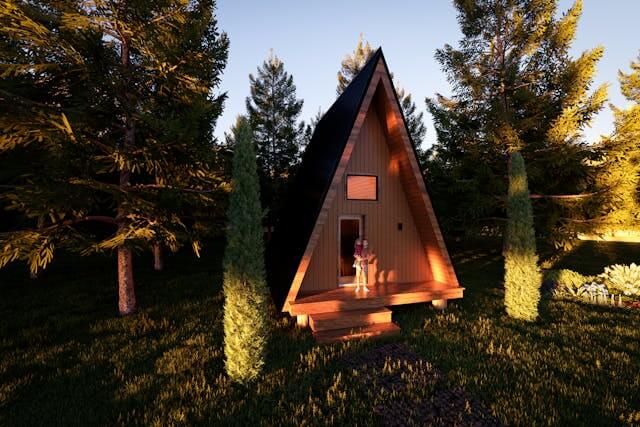North Carolina Tiny House Zoning Laws Overview
North Carolina organizes local land‑use authority under **Chapter 160D**, which unifies city and county powers to plan, zone, and regulate development. The **NC Office of State Fire Marshal** publishes the state building codes and effective‑date bulletins; the **2024 NC State Building Code** (based on 2021 ICC) includes **Appendix AQ: Tiny Houses** with published effective and mandatory dates, though subsequent bulletins may adjust timing. There is no statewide ADU mandate, so eligibility for a small home on a foundation depends on the local ordinance/UDO in your jurisdiction. By contrast, tiny houses on wheels (THOWs) are handled as vehicles for DMV purposes unless a city/county reclassifies them for residential use. The practical path is to determine whether your parcel is inside city limits/ETJ or in the unincorporated county, read the zoning text for ADU allowances, and work with Planning & Inspections to confirm setbacks, utilities, stormwater, and fire access. Use the menu below to jump to county notes and the linked primary sources before you buy, build, or tow.
NC has no statewide ADU mandate; tiny houses on wheels are generally treated as vehicles unless locally authorized as dwellings.
Understanding the zoning laws is just the first step. Once you know what is legal in North Carolina, you can start looking at tiny houses for sale in North Carolina or connect with experienced North Carolina builders who work within these regulations. If you want a turnkey solution, consider joining a tiny house community in North Carolina where all the zoning and permits are already handled.
Before you buy land or start construction, use our zoning finder tool to check specific county requirements, and get a budget estimate with our free tiny house cost calculator. If you're planning to go off-grid, check out our comprehensive off-grid living guide to understand utility and septic requirements.
Try Tiny Living in North Carolina
Want to experience tiny house living before buying or building? Browse tiny house style rentals in North Carolina to see if the lifestyle is right for you.
See tiny house rentals in North Carolina on VrboAffiliate link. We may earn a commission if you book.
